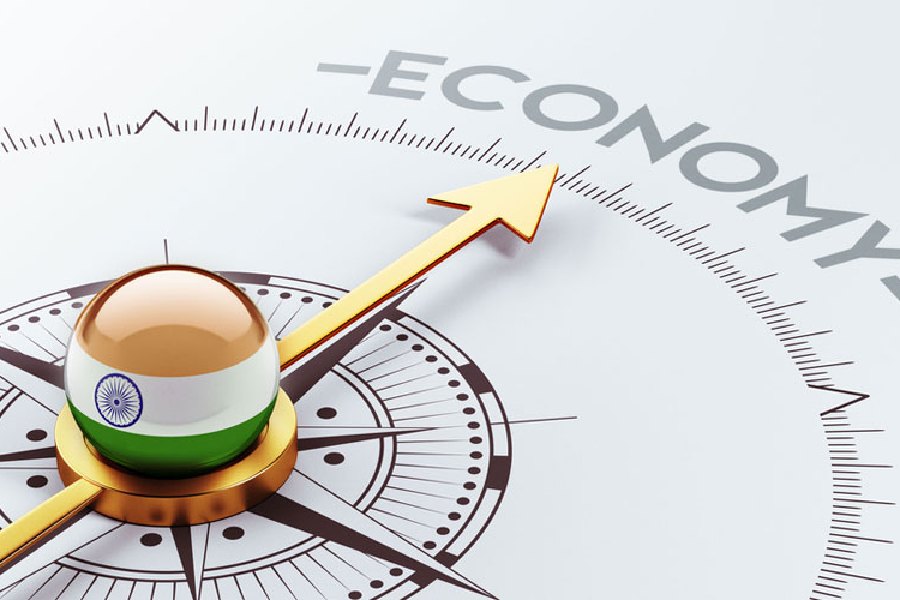Wholesale prices fell for the second consecutive month in May on easing input costs brought about by lower commodity prices, government data showed on Wednesday.
The wholesale price index (WPI) declined by 3.48 per cent in May, a three-year low, on easing prices of food, fuel and manufactured items. The index has been in negative territory for the second straight month. In April, it was (-) 0.92 per cent.
This is the lowest WPI inflation print since November 2015, when it was (-) 3.7 per cent.
“The data does not come as a surprise as commodity prices have globally corrected and they have high weightage in WPI,” said economist D.K. Joshi at Crisil.
The food index fell 1.59 per cent year-on-year against a rise of 0.17 per cent in April, while fuel and power fell 9.17 per cent compared with a rise of 0.93 per cent in the previous month. Manufactured product prices fell 2.97 per cent in May.
Inflation pressure in India has shown signs of easing in the past few months. This week, the annual retail inflation rate cooled to a more than two-year low of 4.25 per cent in May as cost pressure on food eased, moving closer to the Reserve Bank of India’s 4 per cent target.
“WPI will continue to remain negative for next quarter until the base effect fades,” Joshi said.
Earlier this month, the central bank kept its key lending rate steady for a second consecutive policy meeting but signalled that monetary conditions will remain tight for some time as it looks to curb inflationary pressure further.
Economists said the moderation in both WPI and CPI (consumer price index) could result in softer nominal GDP growth, posing concerns of fiscal slippage risks as tax revenues could undershoot the budget estimate.
Although the RBI tracks CPI, the decline in the WPI-based inflation rate will be reflected in retail inflation with a time lag.
“Decline in the rate of inflation in May 2023 is primarily contributed by a fall in the prices of mineral oils, basic metals, food products, textiles, non-food articles, crude petroleum and natural gas, and chemical & chemical products,” the commerce and industry ministry said on Wednesday.
“Although the moderation was broad-based across major sub-groups, energy-related items accounted for the bulk of the 256 bps easing in the headline WPI print in May 2023 vis-a-vis April 2023,” Icra said in a research note.
“Notably, YoY deflation in industrial raw materials widened sharply in May, which should augur well for the margins of India Inc. Notwithstanding the early sequential uptick in food prices, WPI deflation is likely to print at 2.5-3.5 per cent in 2023 supported by an elevated base in the year-ago month (+16.2 per cent).”
With inputs from Reuters











